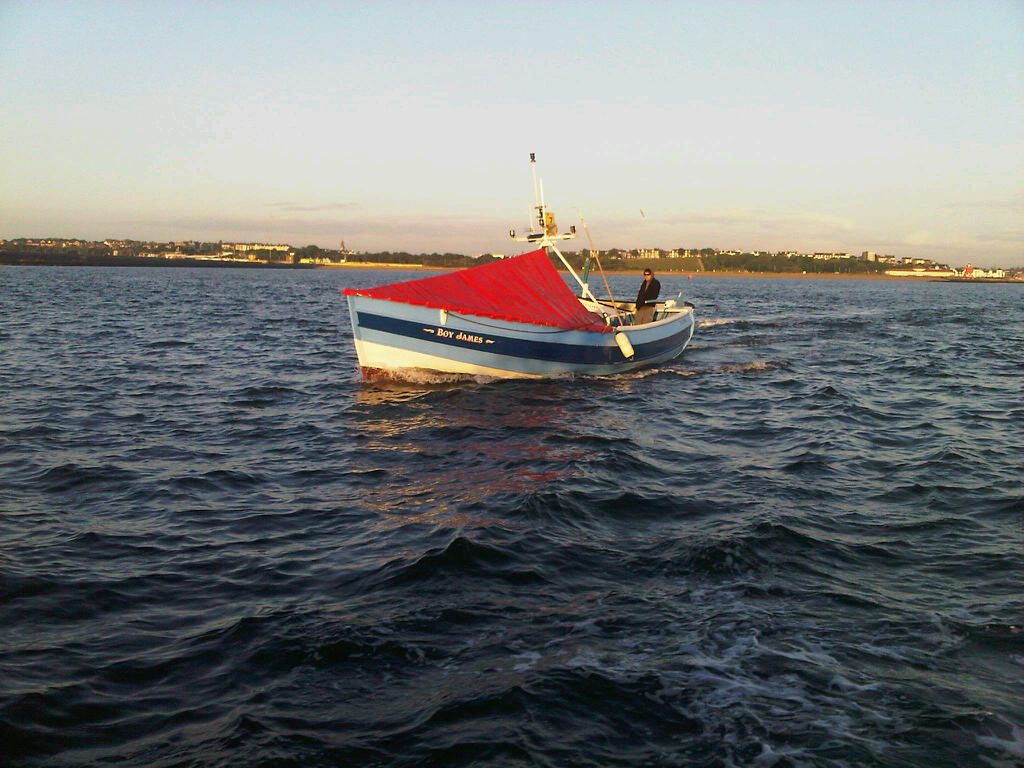23 June 2014
The reasons why the NFFO will use everything at its disposal to resist the blanket ban on drift nets proposed by the Commission are not complex.
First of all, of course, are the livelihoods of the small-scale
fishermen who are dependent on drift nets for an important part of their annual
income.
Secondly, extinguishing a number of small but significant, sustainable,
small-scale fisheries in the UK, some of which hold MSC accreditation, because
of a problem of inadequate enforcement in the Mediterranean, is like shooting
the cat after a dog has got into the henhouse and killed all the hens.
Then there is the fact that the recent CFP reform was supposed
to provide a way of avoiding exactly this kind of blunt, top-down, one-size-fits-all
measure; the blanket ban on drift- nets is like a throwback to the pre reform
CFP. By transferring some policy functions to the member states at regional
seas level, it was intended that measures could be tailored to the
characteristics of individual fisheries and this kind of fiasco could be
avoided.
But there is also the issue of precedent. If this kind of blanket ban on a fishing gear
can be applied with a nonchalant disregard of evidence, then no method of
fishing is safe. The answer to any fishery with a significant bycatch problem should be specific targeted
measures on the basis of adequate information. The blunderbuss should be
consigned to the past.
Finally, the wholly inadequate consultation on the drift net
ban goes against all the precepts of
good governance that are supposed to guide new EU legislation. It would be a
travesty if a ban affecting the real lives of fishermen was adopted on this
shaky foundation.
For all these reasons the Federation will maintain pressure
to safeguard the future of these small but important small-scale fisheries.
Brussels
Following a recent meeting of the North Sea Advisory Council
in Brussels, which was attended by senior Commission officials, the signs are
definitely more optimistic that we can secure the necessary exemptions to allow
these small-scale fisheries to continue.
The prospects of getting the Commission to revise its own
proposal are close to zero. But it looks like the Commission does recognise that its online consultation was
inadequate and that as a consequence it had completely underestimated the
number and importance of small-scale inshore drift-net fisheries.
The legislative process, having been launched is likely to continue,
and our efforts will therefore have to focus on securing appropriate amendments
via the member states and the European Parliament. With a change of heart, however,
the Commission could accept these amendments and ease their pathway.
Over the last couple of days the NFFO has been active in
Brussels on the issue. The North Sea Advisory Council has set up a focus group
to work on the issue and the signs are good that it can develop some sensible
amendments which will have the support of the environmental NGOs. Europeche,
the European Association of fishing federations like the NFFO, has also agreed
to pursue a supportive role, especially with new post- election European
Parliament.
Although the signs of a strong coalition are building, it is
extremely important that we maintain the pressure. We have a very good case but
it is vital that we pursue it with tenacity until this threat, which arose out
of the blue, is banished. That is what we in the NFFO intend to do.

